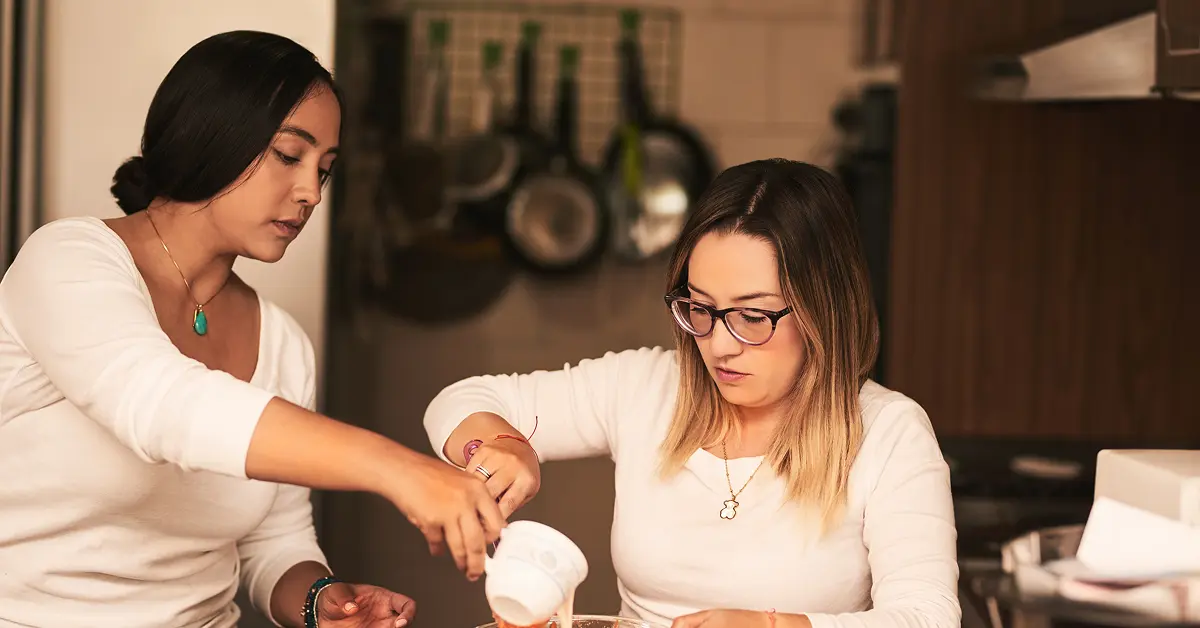Caregiving is not just a job — it’s a calling. In India, where family bonds are deeply rooted and caring for elders is part of our culture, more and more people are stepping into the role of caregivers. But what truly motivates someone to become a caregiver? Is it love, duty, passion, or something else entirely? In this blog, we dive into real stories and genuine answers from Indian caregivers who share why they chose this noble path.
The Heart Behind Caregiving
Being a caregiver involves helping someone with their daily tasks, whether they are elderly, ill, or disabled. This can include feeding, bathing, administering medications, offering emotional support, and even just being there to talk. While the work can be physically and emotionally exhausting, many caregivers describe it as one of the most rewarding experiences of their lives.
Real Answers from Indian Caregivers
“It’s My Way of Giving Back” – Ramesh, 42, Chennai
“My mother sacrificed everything to raise me after my father died early. When she had a stroke last year, I didn’t think twice. Becoming her caregiver is my way of honouring her love. It's challenging, yes, but deeply satisfying. This is my time to give back.”
“Caregiving Is a Spiritual Journey” – Aarti, 29, Rishikesh
“I took care of my nani (grandmother) for the last three years of her life. She had dementia and needed round-the-clock help. It taught me patience, compassion, and the value of every moment. I now work in a hospice as a professional caregiver. It’s not just a job—it’s spiritual.”
“There Was No One Else” – Rajiv, 50, Delhi
“When my elder brother was paralyzed in a car accident, no one in our joint family came forward. I had to step up. I didn’t have any experience but learned everything through online videos and doctors. Today, I’ve become a full-time caregiver. It’s hard, but I sleep peacefully knowing I did the right thing.”
What Drives People to Care?
- Love and Family Duty: In Indian households, especially in joint families, caregiving is often seen as a duty.
- Emotional Fulfilment: Many caregivers mention that the work, although stressful, is emotionally fulfilling.
- A Sense of Purpose: Caregiving gives life a sense of meaning and often fills emotional gaps.
- Personal Experiences: Those who’ve seen loved ones suffer often feel called to provide better care.
From Informal to Professional Caregiving
While many Indians begin caregiving informally, there is a growing shift toward professional caregiving careers. With India's ageing population and increasing awareness about elder care, there’s rising demand for trained caregivers. Organisations now offer certification courses in elder care, palliative care, and disability support.
Professional caregiving also comes with benefits such as:
- Steady income (average ₹12,000 – ₹25,000/month depending on experience)
- Flexible working hours
- Emotional satisfaction
- Skill development and career growth
Challenges Caregivers Face
No story is complete without the hurdles. Caregiving, especially without support, can take a toll on your mental and physical health.
- Burnout and exhaustion: Caregivers often ignore their own needs.
- Financial stress: Many leave full-time jobs to care for family members.
- Social isolation: Long hours can mean little time for social life.
- Emotional pressure: Watching someone suffer every day is emotionally taxing.
Proper planning, family support, and self-care can make a big difference.
Tips for Aspiring Caregivers
- Get trained – Even basic first aid or elder care courses can help.
- Build a support network – Connect with others on the same journey.
- Don’t neglect self-care – Rest, eat well, and take breaks.
- Keep boundaries clear – Especially important if you’re a professional caregiver.
- Use resources – NGOs like HelpAge India and Dignity Foundation offer caregiver support and training.
Inspiring Story: Meera’s Journey from Daughter to Full-Time Caregiver
Meera, 35, from Pune, left her job in an IT company when her father was diagnosed with Parkinson’s.
“It started with small things—helping him walk, feeding him. But as his condition worsened, I knew I had to make a choice. I quit my job, took an online caregiving course, and transformed my life. Today, I’m not just his caregiver—I’ve also started a local support group for others like me.”
The Future of Caregiving in India
Caregiving is becoming a recognised and respected profession in India. The healthcare sector, especially post-pandemic, has seen a major shift in how we view home-based and elder care. With better training, financial support schemes, and digital platforms, caregivers are finally getting the respect and resources they deserve.
Final Thoughts
So why do people become caregivers?
For some, it’s love. For others, it’s duty. And for many, it’s a deeply personal mission shaped by life’s toughest moments. Whatever the reason, one thing is clear: caregivers are the silent heroes of our society. Their compassion, strength, and resilience are what truly make the difference.
Whether you're already a caregiver or thinking about becoming one, know this—you are not alone, and what you’re doing matters more than you may ever realise.
Contents
- The Heart Behind Caregiving
- Real Answers from Indian Caregivers
- What Drives People to Care?
- From Informal to Professional Caregiving
- Challenges Caregivers Face
- Tips for Aspiring Caregivers
- Inspiring Story: Meera’s Journey from Daughter to Full-Time Caregiver
- The Future of Caregiving in India
- Final Thoughts
Our 24*7 services
Latest Posts
- What Is Respite Care and Why Is It Important
- Affordable home care for senior citizens in India
- Caring for Seniors with Dementia or Alzheimer's at Home
- Senior Caregiving A Guide for Every Family
- How to Write a Caregiver Resume That Gets You Hired
- How Care After Hospital Discharge Speeds Up Recovery at Home
- How to Get Home Health Care for Seniors Through Medicare
- What Does a Senior Citizen Caregiver Really Do at Home
- How to Care for Elderly Parents with Alzheimer’s or Dementia
- How to Get 24-Hour Care for Seniors at Home


